Explore the top rated Chandler drug rehabs with confidence. We've analyzed each of the 25 addiction treatment centers in Chandler, AZ for patient reviews, clinical credentials, transparency, and brand reputation to identify the best rehab programs.
Filter by inpatient, outpatient, detox, health insurance accepted, specialty treatment programs offered, and more to quickly find the perfect drug and alcohol rehab in Chandler today.
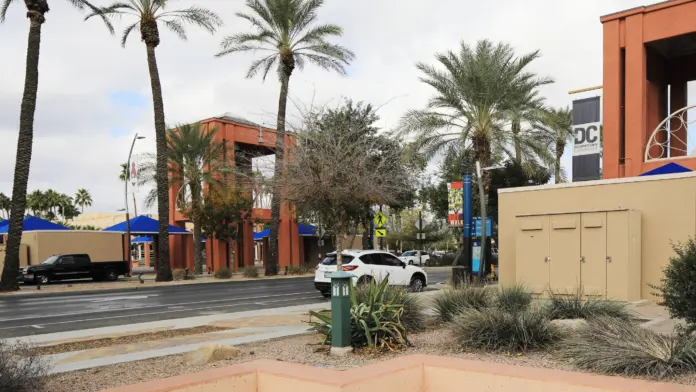
| Name / Address / Rating | Description | Treatments / Programs / Payment Options | Review / Contact | Images | |
|---|---|---|---|---|---|
1
Top 10 Rehab In Chandler
| BAART Programs is an outpatient clinic who provides methadone treatment and substance use counseling for individuals with opiate dependence. BAART Programs is located in Chandler, Arizona. BAART Programs believe that opioid use disorder is a chronic, relapsing disease and should be treated as such in a medical and psycho-social way. They also belie | Treatments Programs Payment Options | love the clinic I have been happy there since day one. Nurses are fantastic and checking in is always pleasant. She is a sweetheart. It's nice to go somewhere and know they really care
rochelle sabin
2 weeks ago
This clinic treats everyone with respect and it's very clean and quiet. Very nice and supportive staff.
Jose Gonzalez
4 months ago
I’ve been too many clinics in my past life. I recently came back here. I’m not gonna disclose why, but this clinic has been nothing but helpful supportive. They treat you with respect I recently came into a problem with the doctor and the Director of this clinic was absolutely understandable. Amazing. Talk to me help me. I literally was gonna go somewhere else, but I couldn’t choose a better recovery family besides this program not only is the nurse Miss Anita very helpful to Kim mytherapist but Crystal Witt, MS, LISAC, BHP the director is 100% amazing and the number one reason I stay
Shelly Miller
1 year ago
| 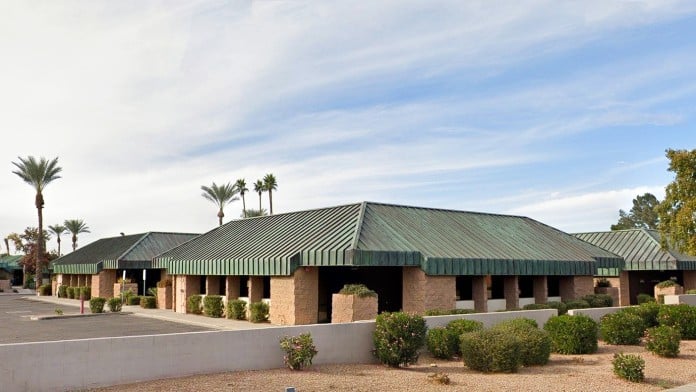
| |
2
Top 10 Rehab In Chandler
| A rehab facility run by professionals in the field of mental health and substance abuse, we provide the highest-quality treatment based on evidence-based therapies and best practices. Legacy Recovery Center is owned and operated by two psychiatrists with over four decades of combined experience, as well as two other individuals with two decades of | Treatments Programs Payment Options | I'm so happy to have Legacy be my first treatment center. I can say the experience was far much better than I expected. My mental health was the main priority and Legacy made sure that I was getting the help I need. The staff was great and was very helpful when needed. Everyone made me feel like home but also making sure I'm getting the treatment I deserve. Man this was truly a blessing being here. Thank you to everyone that made me feel comfortable and make me a better person these past 30 days. I'm so grateful for Legacy Recovery for everything.
Koaluh
3 weeks ago
Paul is THE best tech and human being in the entire world. He made a significant impact in my over all mental health healing with his shared wisdom and life experiences. The facilitation as a whole was fantastic. Their management needs a lot of work though.
Lorena Valdez
1 month ago
this is the third treatment center i have ever attended and i can say by far that this is the BEST one i have ever been to. they strictly focus on mental health and uncovering traumas i was always so scared to talk about. on top of that, the staff has always been so generous and genuine and that’s rare to find in treatment centers. it was a life changing experience for me that i’ll never forget- thank you!
jacey
2 months ago
| 
5 5 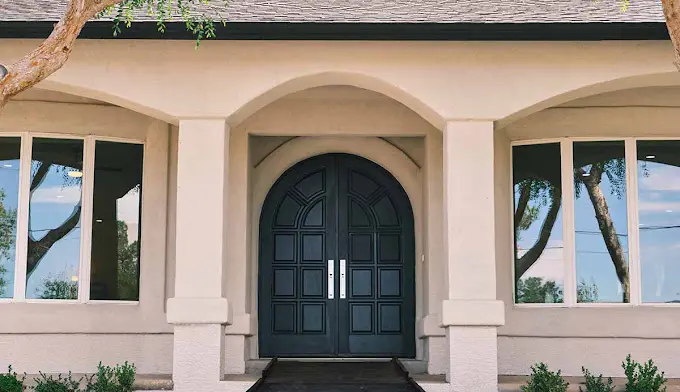


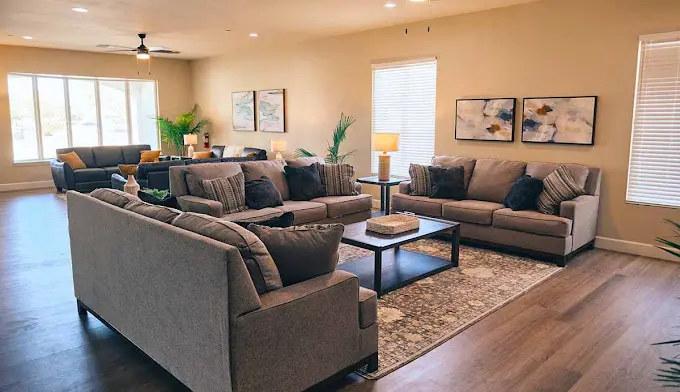
| |
Chandler, Arizona | Banner Behavioral Health is an outpatient program for adults in Chandler, Arizona. They offer services to adolescents and adults dealing with mental health issues and substance use concerns. They take a comprehensive approach to ensure all areas of needs are being met. When you enter their program, you’ll be treated as an individual and will hav | Treatments Programs Payment Options | I did the DBT and CBT classes and they were both great. AJ was my DBT therapist and he helped me out so much!
Tiffany Condie
1 year ago
AJ (Anthony) was by far the best person to ever help me in the mental health scene. I’ve gone to therapy and outpatient services in general since i was 7. I’m now 18 and a year back I was hopeless. Then after an in-patient visit they wanted me to try out this place. I was unsure at first as every other therapy or group i’ve EVER been to has never worked. But then i met AJ. He lit up the room with his personality and his ability to talk to people my age and truly understand their feelings is mind boggling. He still gave us a packet everyday but the amount of help i was receiving made me WANT to do the work. And this is coming from a kid who failed school his entire life barely scrapping by. If you ever have the chance to come here do it! But make sure you get Anthony he’s the best!! :) I can without a doubt say he had a major part in keeping me alive to this day. Thankyou, AJ and the Banner Health team!
Polanity
4 years ago
| 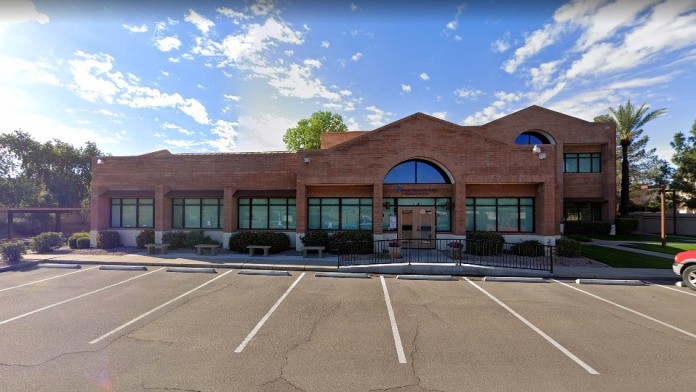
2 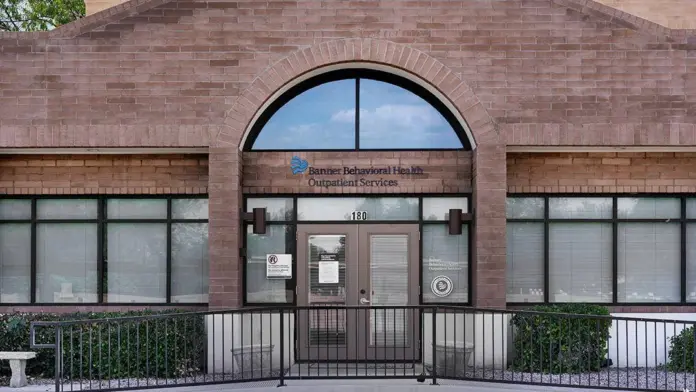
| |
Catalina Behavioral HealthAd This is an ad and Catalina Behavioral Health is a paid advertiser. Paid advertisers may be listed first in search results. This ad may contain content provided by the advertiser. Rehab.com does not verify ad content or any reviews that are displayed. Learn More Tucson, Arizona | Catalina Behavioral Health welcomes individuals and families in Tucson, AZ, to a caring and compassionate environment where healing begins. We specialize in customized mental health and substance use treatment across various levels of care, ensuring clients receive the support and structure best suited to their unique needs. Levels of Care Offered | Treatments Programs | View Website (520) 999-2560 | Catalina Behavioral Health has no reviews yet. Leave a review.
| 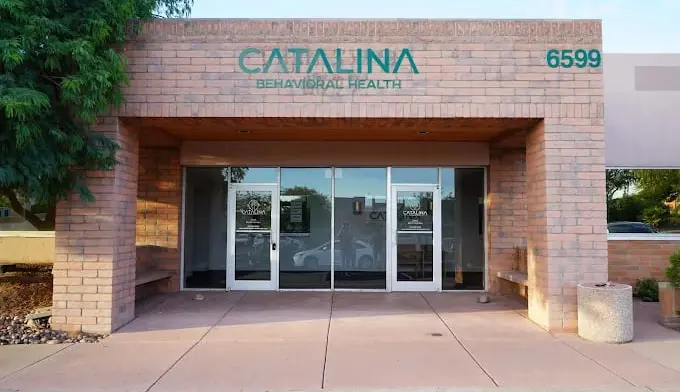
|
Chandler, Arizona | Oasis Behavioral Health Hospital is located in Chandler, Arizona. They have outpatient and inpatient programs for people who need help for alcohol and/or substance addiction. This includes adults and teens ages 11-17. You’ll be eligible for residential care and outpatient programs, both of which are accredited by The Joint Commission. Let’s sta | Treatments Programs Payment Options | Oasis Behavioral is a great place to work and has a team approach in helping the patients. I feel that Im actually able to help my patients through their treatment and discharge coordination process. The staff are wonderful people.
Ron C2001
4 days ago
Staff was supportive and knowledgeable. The helped our family during a tough time. The idea of getting help seemed impossible but through their s and vices we were able to make it through a tough time. Thank you for caring
Robert Del Real
1 week ago
Only positive things to say about this facility
Seem Dupree
1 week ago
| 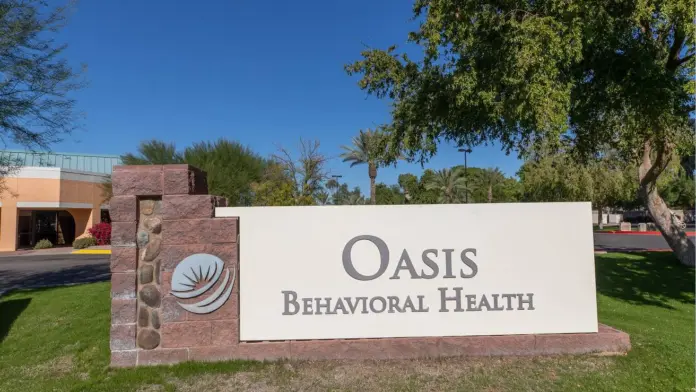
6 6 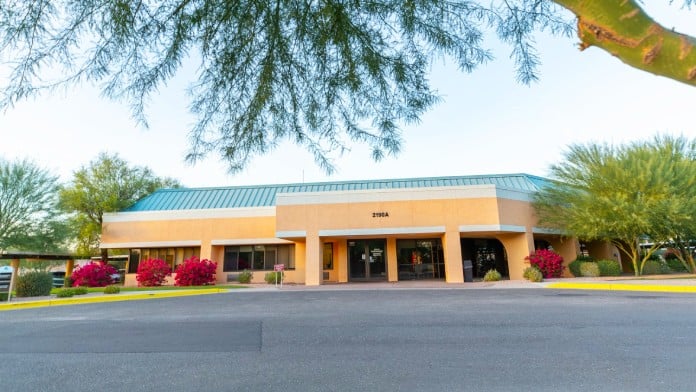
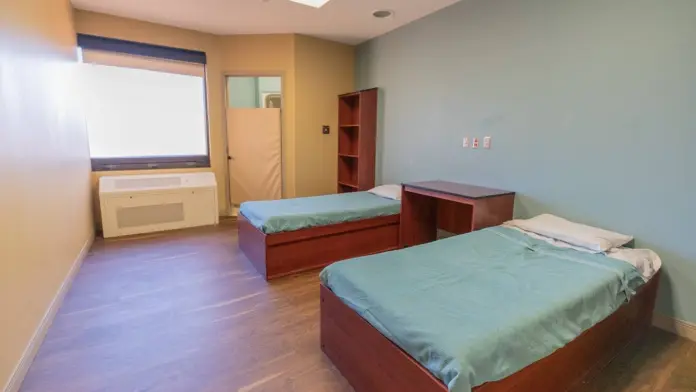
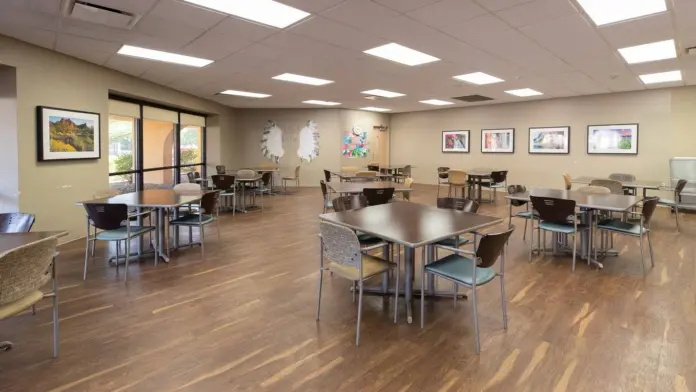
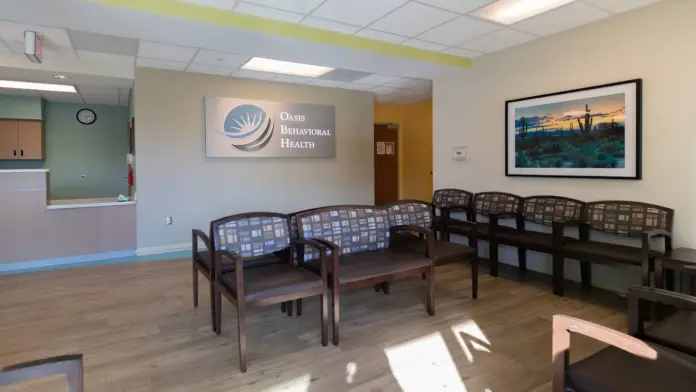
| |
Chandler, Arizona | No one deserves to battle chemical dependency alone. At Saint Luke’s Behavioral Health Center’s East Valley Outpatient Center, you won’t need to. This substance use treatment center provides an abstinence based outpatient program that incorporates a 12 Step program and cognitive behavioral approaches for adults in Chandler, Arizona. Should | Treatments Programs Payment Options | My child stayed here multiple times. He got amazing evaluations and I learned so much about his mental health. The staff was always pleasant, the doctor’s very knowledgeable. It was nice having a local behavioral center for children right in the center of Phoenix. I miss this behavioral hospital and I hope they do reopen back up for children soon.
Clo Doctor
10 months ago
I'm about to go get a mental check up here in a little bit I think that helps people what they got going on .💯
cody Bullplume
1 year ago
Janika Stuard happy job Good
janika stuard
1 year ago
| 
2 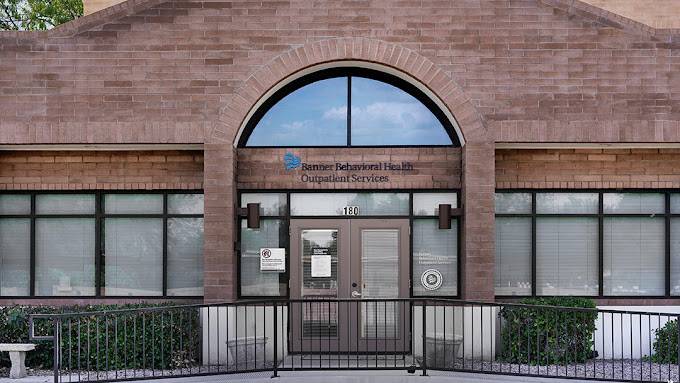
| |
Chandler, Arizona | Sahara Behavioral Health is located in Chandler, AZ. They provide behavioral health services to address and treat addiction through transcranial magnetic stimulation (TMS) and other forms of treatment. Treatment is available to children, adolescents, adults and seniors in need of behavioral health services. They are located close to many natural la | Treatments Payment Options | I love my doctor Roya Nayeri. Best one there is! Emily has been helping recently, I think she is now Roya’s assistant. I am very satisfied with Sahara Health.
Viviana Barragan
3 weeks ago
Wonderful practitioners and quick responses
georgy zarate
5 months ago
Great customer service great people who actually listen to you would recommend
danielle larson
3 years ago
| ||
Top Arizona Cities | |||||
Chandler, Arizona | Located in Chandler, Arizona the San Tan Clinic of the Southwest Network has help for dual diagnosis adults with mental health and substance abuse issues. They treat men and women. They also have children’s sites where they help young adults make the transition to the adult care system. They accept the Arizona Health Care Cost Containment System | Treatments Programs Payment Options | My team and doctor have been absolutely amazing and helpful. They are a great support team and I highly recommend them. PJ Lewis is a fantastic case worker and you can definitely tell that he cares about his clients and his job. Thanks guys for being who you are and for being that support team I need.
Celeste McNeish
3 months ago
Best care team and mental health professionals I’ve ever met!
Aaron A
4 months ago
So this place is about as great as they can get with mental health clinics. My doctor listens, my team always gets back to me about referrals and other issues I may have like benefits, employment, etc. the front desk people are always nice to me. They have a pharmacy in the lobby so you can get your meds while you're there, and they have nurses and a doctor as well for any general health issues you may have. (I switched from the Northstar location and still see that doctor so I can say to this one's quality.) When I call for med bridges or anything like that, they get back to me usually within 24 hours. So now the disclaimer. None of these mental health clinics are going to be perfect. Our mental health system sucks. Do they mess up your meds sometimes? On occasion. Do they take long to respond? Sometimes. Is there always someone from your team to talk to? No. Are they short on caseworkers? Yes. Are they late sometimes? Yes. Are you always gonna get the answers you're looking for? No. Can they fix all your problems? No. Are there gonna be times where it's worse than others? Yes. Do they help you transfer to a different clinic if they aren't satisfying your needs? Yes. Most of the time it is a positive experience for me and I can resolve any issues I have with them. And in the past I have had to transfer clinics and the other location made it as painless as it could be, even though it took a minute for it to go through. Some of them seem cold but I feel they are generally trying to help you and improve your situation. But so many people complain about things as if these places are supposed to be perfect. Well they aren't no matter where you go, especially on state insurance.
Jesi Murray
1 year ago
| 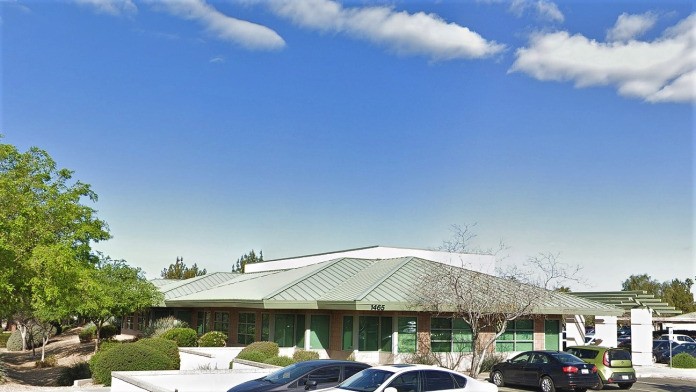
| |
Chandler, Arizona | Sovereign Health is a women’s alcohol and drug rehab center in Chandler, Arizona that provides a wide variety of services. They focus on supporting women in identifying the root cause of their challenges. Sovereign Health uses a person-centered and clinical approach to treating addiction. Their services are provided in a residential treatment for | Treatments Programs Payment Options | Sovereign Health has no reviews yet. Leave a review.
| 
| |
Chandler, Arizona | New Horizon Youth Homes - Stottler House, located in Chandler, Arizona, provides dual diagnosis treatment and mental health treatment to adolescents. If addiction is the primary diagnosis, treatment at an alcohol or drug rehab center may be required. New Horizon Youth Homes – Stottler House offers evidence-based treatment interventions that f | Treatments Payment Options | New Horizon Youth Homes – Stottler House has no reviews yet. Leave a review.
| ||
Purpose Healing Center Drug and Alcohol Detox – PhoenixAd This is an ad and Purpose Healing Center Drug and Alcohol Detox – Phoenix is a paid advertiser. Paid advertisers may be listed first in search results. This ad may contain content provided by the advertiser. Rehab.com does not verify ad content or any reviews that are displayed. Learn More Phoenix, Arizona | Purpose Healing Center, nestled in the vibrant heart of Phoenix, AZ, is a compassionate haven dedicated to guiding individuals on their journey to holistic healing and sustainable recovery. Our mission is to ignite hope, empower transformation, and cultivate resilience through a comprehensive continuum of care tailored to each person’s unique pat | Treatments Programs | View Website (480) 405-5633 | Purpose Healing Center Drug and Alcohol Detox – Phoenix has no reviews yet. Leave a review.
| 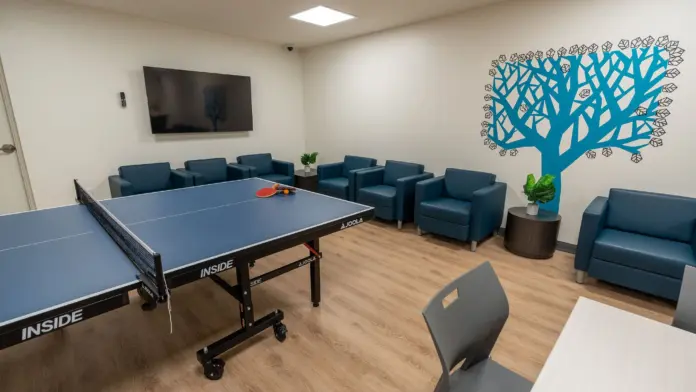
|
Gallus Detox Center, in Scottsdale, Arizona, is a luxury alcohol and drug rehab for adults. They specialize in inpatient medical detox and aftercare planning and support, including dedicated services for pregnant and postpartum women, polysubstance abusers, and persons with co-occurring addiction and mental illness. Their inpatient medical detox fa | Treatments Programs Payment Options | I was so scared asking for help and didn’t know where to go, but this place came highly recommended. The only bad thing is that the fact that I had to leave anybody looking to get help there is not a better place to go in here. the staff is absolutely incredible. I cried more just seeing how well I was treated here than even dealing with my issues. I cannot recommend this place enough if you want help come here.
Peter Meyerhoff
1 month ago
I was here for a 10 day detox. Every staff member here was incredibly compassionate, and I feel that they went to great lengths to take care of their patients. I would highly recommend this place for detox. Part of me never wants to leave. All I can say is they are truly amazing people And I will miss them all.
Ron Bonnett
2 months ago
The staff and provider here made my stay bearable and successful. Dr. Sierzenski, Samantha BHT, Derrick RN, Stephanie RN, Veronica BHT, Ingrid RN, Gabby BHT, Tanisha RN, and all of them! They were attentive, compassionate, helpful, professional, but most of all... they were kind to me when I was in a very dark place and a world of hurt. I did not ask for this to happen, but I am eternally grateful for the safety net Gallus provided me. I am 30 days sober because of you. And me. And the universe. Please keep saving souls, one person at a time. We need all the help we can get. Never, lose sight of why you signed up for this job! You all can mark one more life saved today. Thank you.
Sky Lark
4 months ago
| 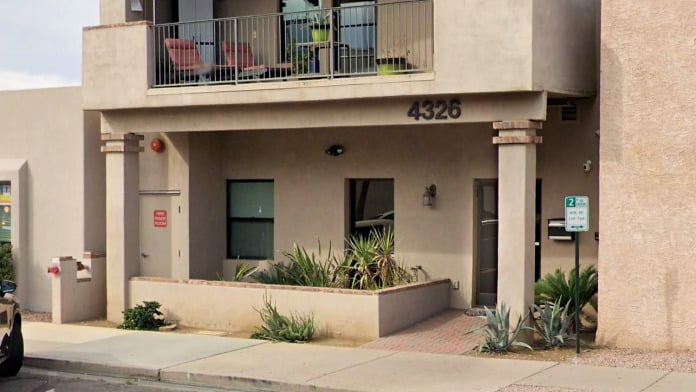
5 5 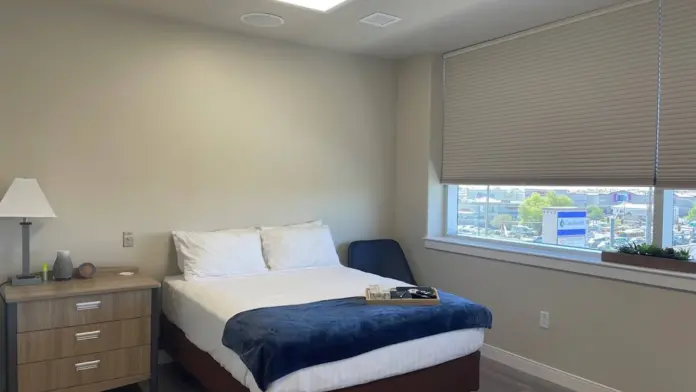
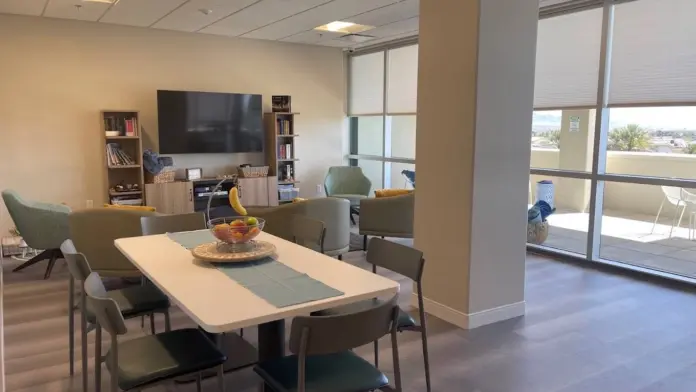
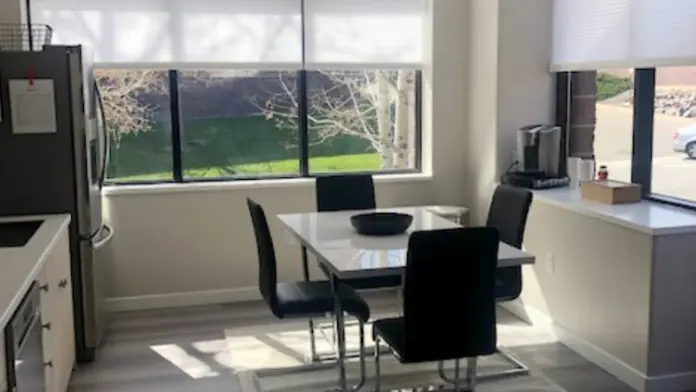
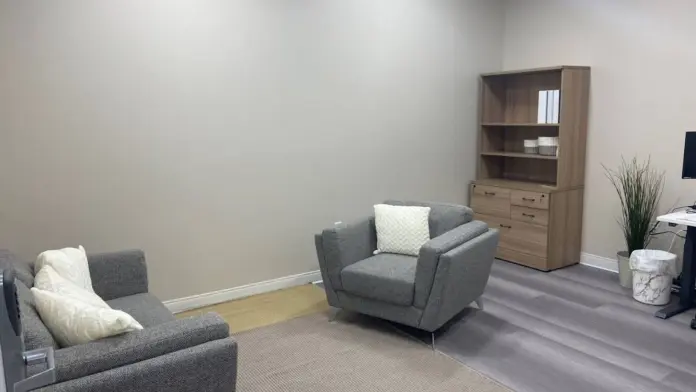
| ||
Scottsdale Providence Recovery Center is an addiction and mental health rehab in Scottsdale, Arizona. They provide a comprehensive range of proven therapeutic approaches for adult men and women. You’ll benefit from multiple levels of care, including medical detox, inpatient care, day treatment, intensive outpatient programs, and regular outpatien | Treatments Programs Payment Options | Scottsdale Providence is a wonderful program. Their commitment and care to my son was great. Caitlin, Lauren and all the staff were amazing. They had compassion, knowledge and understanding not only to my son but to our family as well. So grateful for this program and staff they truly care.
Lesa Brown
5 days ago
Not a structural engineer.
Kenneth Rose
4 years ago
G Poblete
4 years ago
| 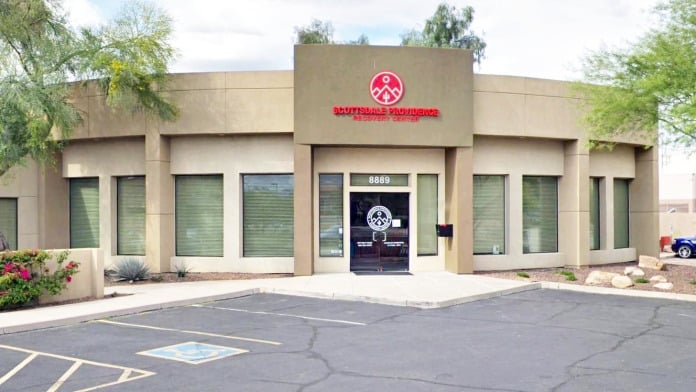
6 6 
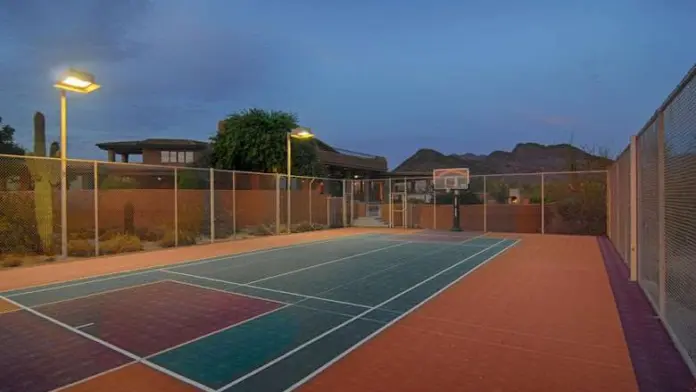

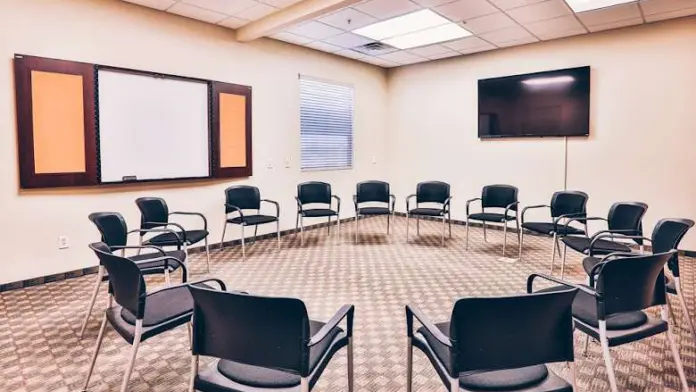
| ||
Soul Surgery Provides addiction treatment through alcohol and drug rehab services. Located in Scottsdale, Arizona, they offer detoxification, inpatient residential treatment, intensive outpatient treatment, and medication assisted treatment. Soul Surgery is a luxury drug and alcohol rehab for adults in Scottsdale, Arizona. They embrace an integrati | Treatments Programs Payment Options | Excellent caring staff
Craig Blackman
2 weeks ago
Excellent care for Vets - NOT!
James Hebert - YT: MotoHoboJim
1 month ago
Good people who work there and they care of the veterans
FLOYD Skeen
1 month ago
| 
6 6 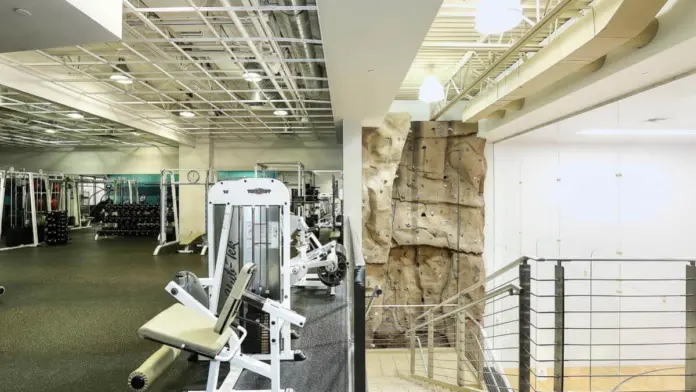
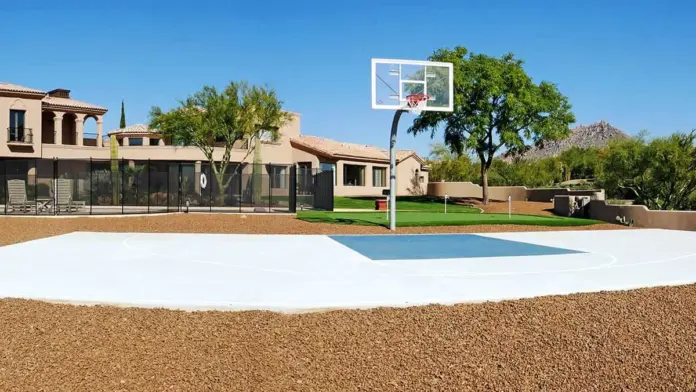

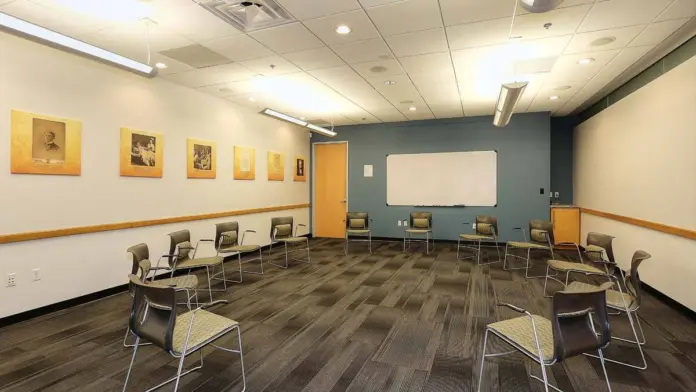
| ||
New Hope Behavioral Health Center is located in Mesa, Arizona. This is an outpatient behavioral healthcare clinic that specializes in providing treatment services to men and women who are struggling with an opioid use disorder. Offering evidence based care that’s rooted in proven recovery methods and holistic approaches to recovery, they offe | Treatments Programs Payment Options | I have been coming here for over 15 years and would tell anyone struggling with opioid addiction that there is a place where you can find help and never have to suffer from debilitating pains in agony because your body is going thru withdraw and you will never have to suffer in silence trying to hide from your addiction that is always going to catch up with you so if your ready to free yourself from burden of having to chase pills and always wandering if you'll have enough to make it thru another day just hoping you can find someone who has some thing to stop those withdraws this is the place for you to find what your looking for. Methadone treatment saved my life and don't listen to what anyone tells you or what you may have heard about methadone treatment just make the call and come talk to one of the counselors to get the facts and then give it a chance because they don't expect anyone to be cured overnight but they can offer the support and start you on medication and give you more the next day and keep sticking to that plan to show up everyday youll keep getting a little bit more everyday by the end of your first week you will start to feel so much better by end of week 2 you'll be able to get a good night's rest 3rd week you won't worry because the withdraws will subside by week 4 you'll still be raising your dose but withdraws will be gone but you may still have cravings or you may not need to raise your dose any higher but whatever the case they will give you everything you need to get you drug free until you have no more cravings and you will soon wander why you waited so long to start treatment. Whatever excuses you have not to start or keep going back they can help with getting rides , filling application for access if you need help paying or can't pay they have lots of programs that might qualify you for help to get started on treatment so give them a call , you won't regret it and privacy for patience is a top priority so if your worried someone might find out like an employer or family member they do not and will not ever acknowledge if someone is or is not a patient so they can protect every person who walks thru their doors from having to worry about the choice to come there and consequences of someone finding out they make every patient sign a non disclosure agreement so if someone you know happens to show up one Day they are banned from exposing any person or patient or even talking about seeing someone while they are there for treatment so it's very discreet and you need to take a chance make the call and get your life back on track because your never to old to learn something new like how to live your life sober and happy so they will give you the tools you will need to succeed and I hope if I can convince just one person to try then these words will have been worth all it took to get them somewhere to let someone find them and if I save just one person that's enough for me and I hope to see you there one day
Forever Lisa99
3 months ago
This place doesn’t make you feel worthless because of the reason you are here. They extend more than just help with drugs. They’re sincere and human and my counselor Marne is amazing and a wonderful woman. She has definitely been in my life and has made such a huge difference in my recovery from prescription pain meds to now Suboxone. This is going to be my sixth year in recovery. Highly recommend this place.
Debbie Leigh
5 months ago
The staff was very helpful and understanding. I recommend this place to anyone struggling w sobriety of opiates.
Stacey Dunham
6 months ago
| 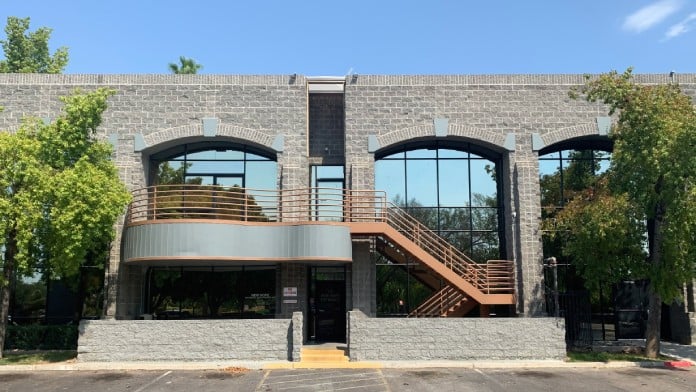
3 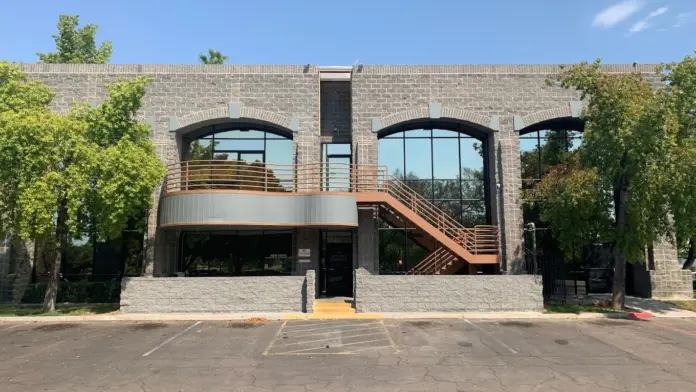
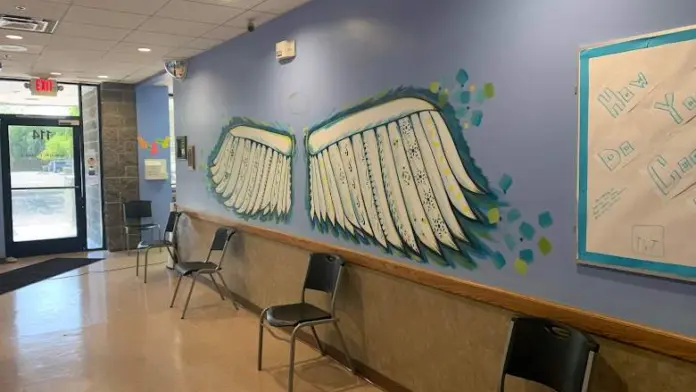
| ||
The River Source’s Gilbert Rehab Center is located in Gilbert, Arizona. It’s an addiction and mental health treatment center that offers individualized treatment options for adults who want to seek recovery from drugs or alcohol. The facility is located in Maricopa County just southeast of Phoenix. River Source is in-network with over 50 insura | Treatments Programs Payment Options | This is a great place. The doctors and staff were excellent, they went above and beyond. We had AC, Beautiful scenery and a nice comfy Bed. I was lucky to meet all the wonderful people who were there with me. Thank you!
Robert Peck
1 year ago
I absolutely LOVE The River Source! I moved here from Arkansas and they have been so amazing helping me along my path of recovery! The people are so welcoming and i love that they encourage us all to be engaged in our community. Its just an overall amazing place to be going thru this part of life, I recommend it to everyone looking to get their lifes back on the right track!
Mikki Eaves
1 year ago
Great program! Great facility! Great staff!
Saved my life, could not of done it without them!
John Holley
2 years ago
| 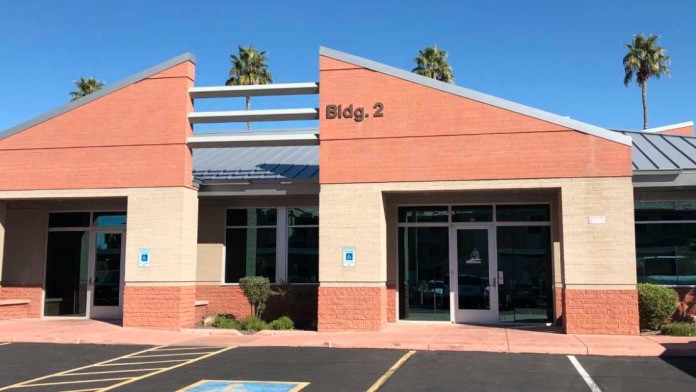
6 6 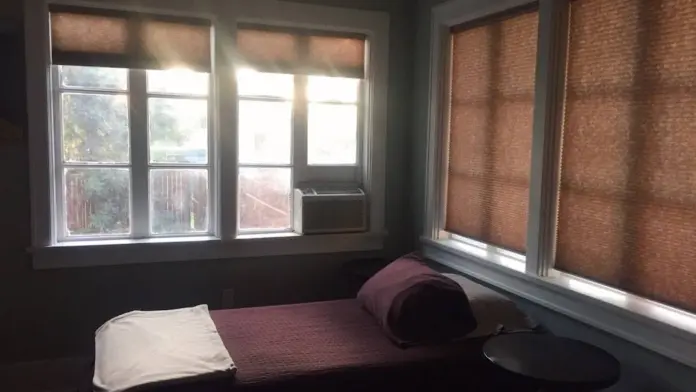
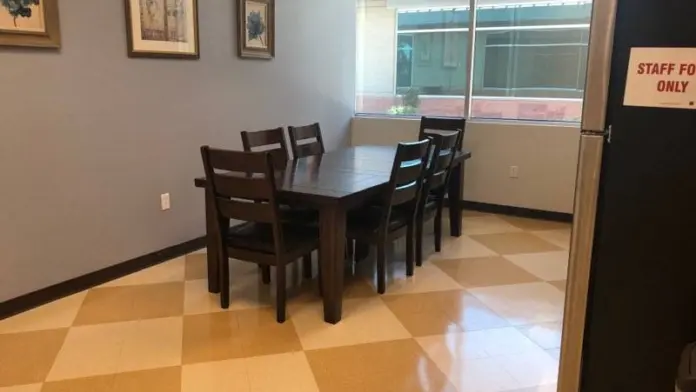
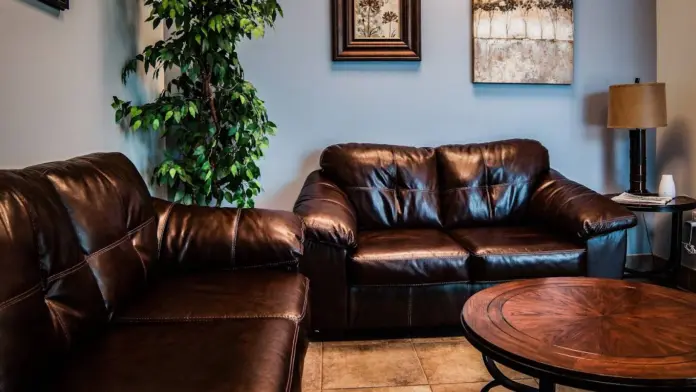
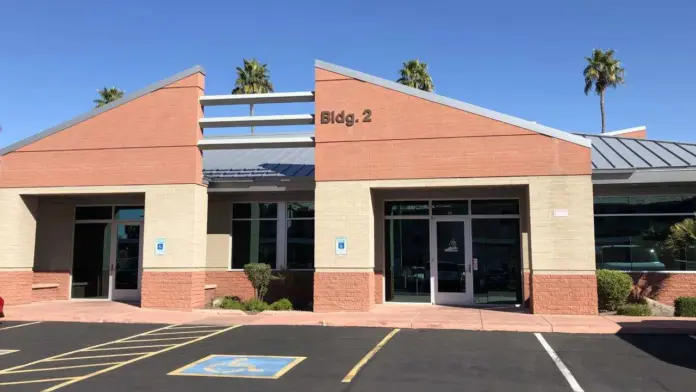
| ||
Desert Cove Recovery, in Scottsdale, Arizona, is a 12-Step-focused alcohol and drug rehab for adults. They offer inpatient, partial hospitalization (PHP), intensive outpatient (IOP), general outpatient (OP), and aftercare programs. Specialized services are available for young adults, persons with co-occurring addiction and mental illness, and perso | Treatments Programs Payment Options | I was able to leave this program with some of the tools needed to help in my recovery. The groups were amazing! It is set up like a small village. You have multiple houses and meeting center in the middle of them. They also take you out for trips to the park and even church on Sundays.
Garrett Fulton
5 months ago
This place helped me get back on my feet.
Tabitha Shupe
6 months ago
If it wasn't for the staff here and their knowledge of helping people who have a addiction and working with veterans and the VA I would have probably relapsed if they would have let me go before I was really to go.
Unknown Hallow Imagine
6 months ago
| 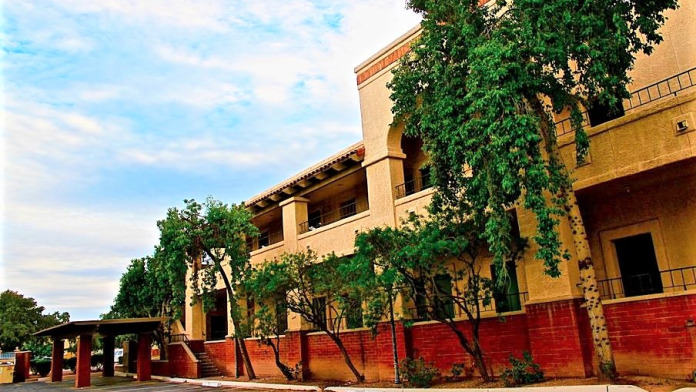
6 6 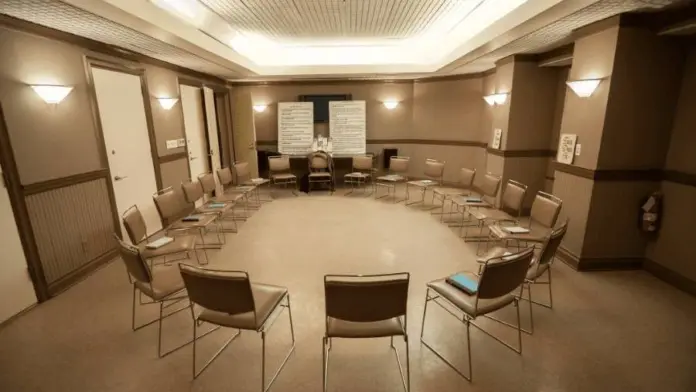
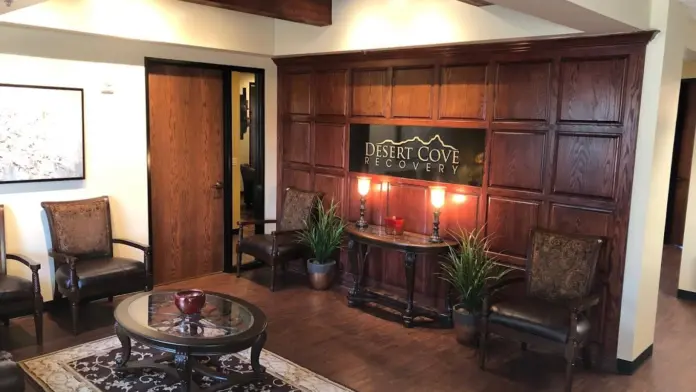
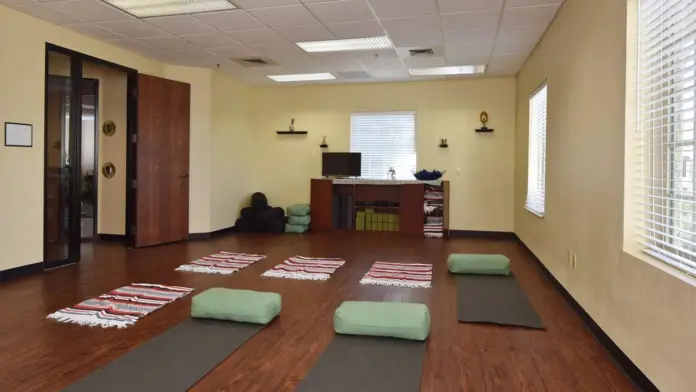
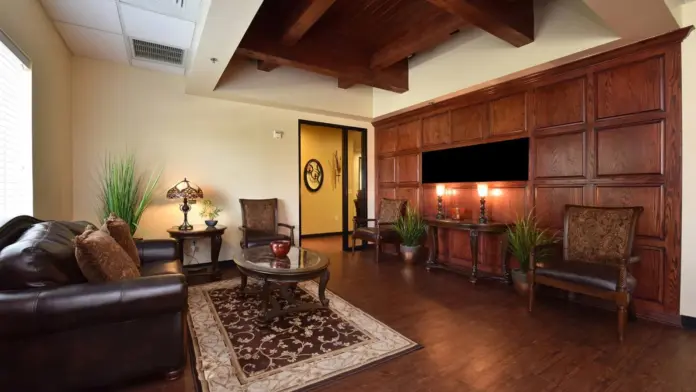
| ||
Better Choice Treatment CenterAd This is an ad and Better Choice Treatment Center is a paid advertiser. Paid advertisers may be listed first in search results. This ad may contain content provided by the advertiser. Rehab.com does not verify ad content or any reviews that are displayed. Learn More Las Vegas, Nevada | Better Choice Treatment Center, located in Las Vegas, Nevada is a private alcohol and drug rehab that offers treatment for a variety of substance abuse addictions including alcoholism and opiate addiction. They offer supervised medical treatment to safely manage withdrawal symptoms during detoxification, as well as residential care providing long t | Treatments | View Website (725) 299-4777 | Better Choice Treatment Center has no reviews yet. Leave a review.
| 
6 6 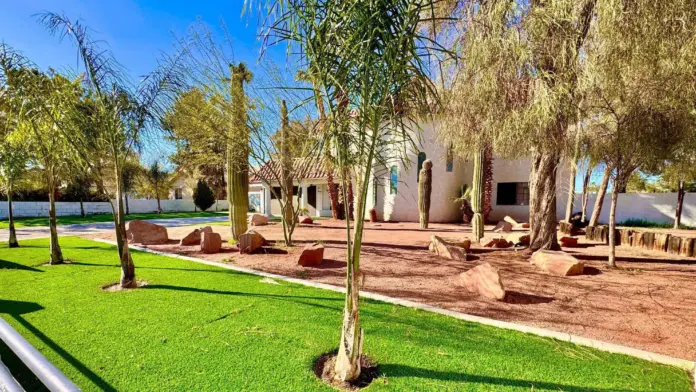
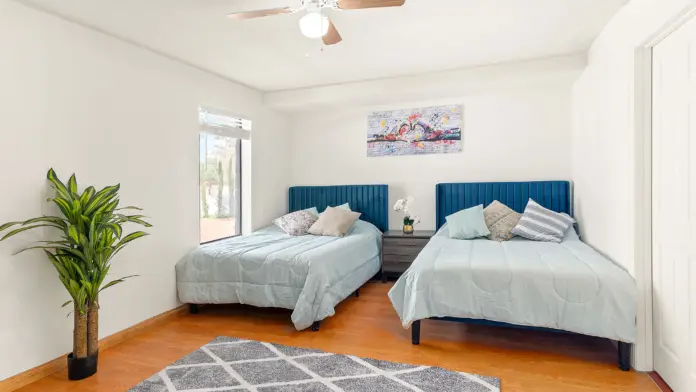
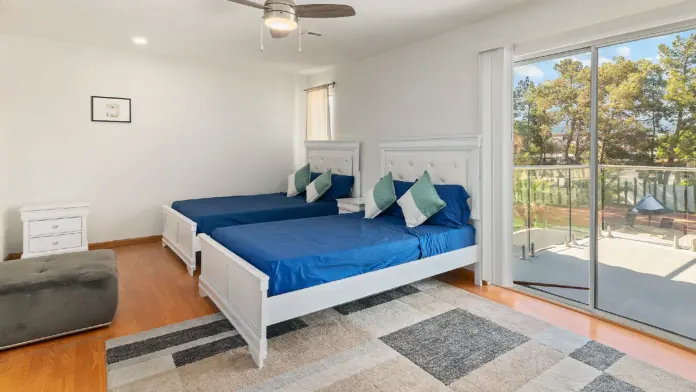
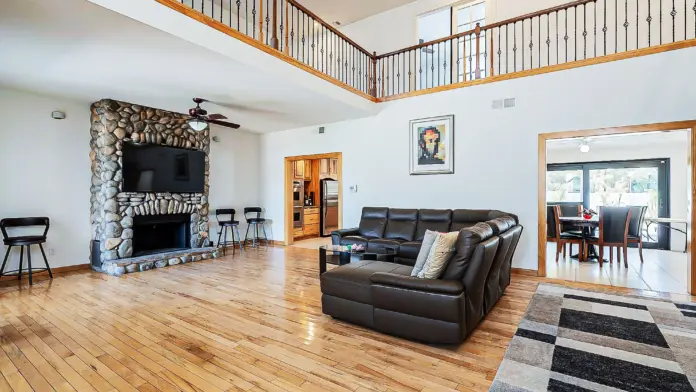
|
Canyon Vista Recovery Center in Mesa, Arizona, is an alcohol and drug treatment center. Clients can receive treatment for both mental health and substance use issues. Canyon Vista provides clinical, holistic and psychiatric care. They believe that through the healing of the mind, body and soul, clients can be ready for long term recovery. In additi | Treatments Programs Payment Options | Update: BHT Sarah reached out to me several times to let me know they were in transition for billing and reassured me my issue had been escalated. New admin Danielle, was fast and wonderful to work with. Canyon Vista has above and beyond staff members who did not stop until all issues were resolved completely. Thank you for making this right!
They keep trying to charge my FSA card monthly, unauthorized. I paid up front for the detox and resedential for my spouse. My partner only spent 4 days there earlier in the year. They wont respond to my inquiries or refund me. I sent a copy of the EOB from my insurance along with proof of charging my FSA card additionally. Still no response. I really don't know what else to do. I've been given the run around and no one returns my calls.
Kris Ray
1 week ago
Terrible place. Rude staff and very very uneducated in addiction. Find a better place for yourself or your loved ones
P4nda
3 years ago
It has been a while since I’ve been at reflections so I cannot speak for how it is today. Let that be known. While I was at reflections, mind you I’ve been there twice, they always have some of the best house managers. If there is one good thing to say about the place it is that. What caught my eye was how the main office was run. And who was running it. I watched staff HUMILIATE clients in front of all the other clients for making mistakes and for not doing what they were suppose to. I’ve watched them give medicine to the wrong client/person on more than one occasion. Often times they will lie and manipulate to get you as a client. They will say or do anything to get you to come to there rehab over others.
If you or a loved one is battling addiction, TAKE THEM ELSEWHERE! I promise they will be more comfortable doing this thing at another rehab. Lots of good rehabs in Prescott. These guys are not one of them. All about the money to them.
PS: most of these 5 star reviews are from dudes who work there or are family to people who work there. Anything they can do to make money. 👊 TBH I would shout in excitement if this place got shut down. Yes. It is that bad. You can compare this place to a fraternity hazing. No exaggeration. Honestly. This place needs sued a good couple times.
Lane Zaugg
3 years ago
| 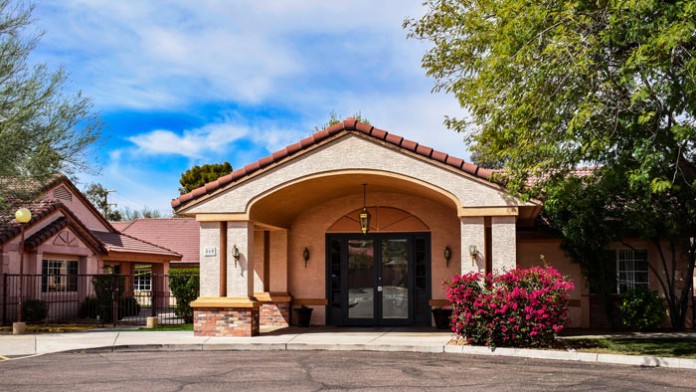
6 6 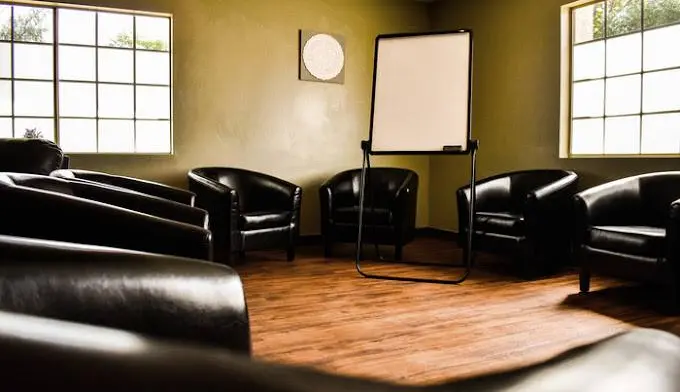
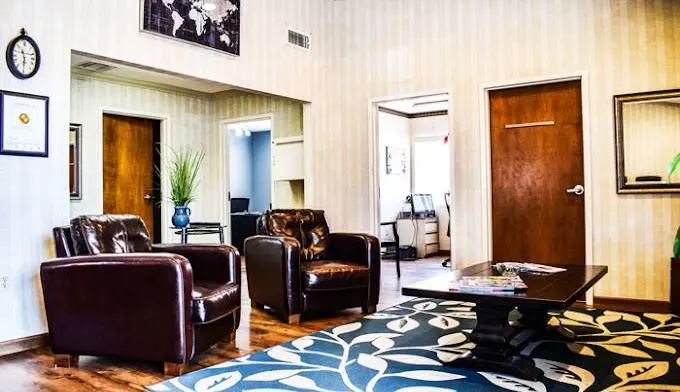
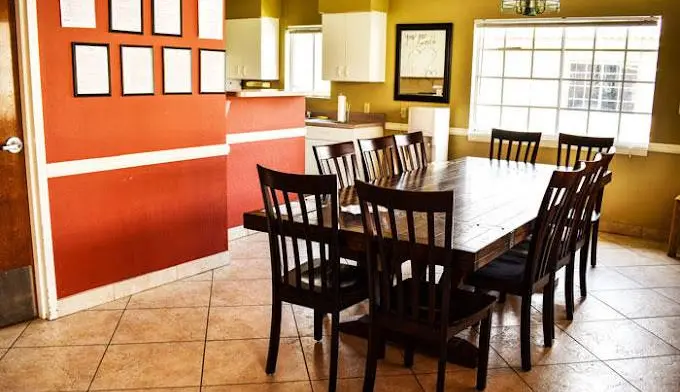
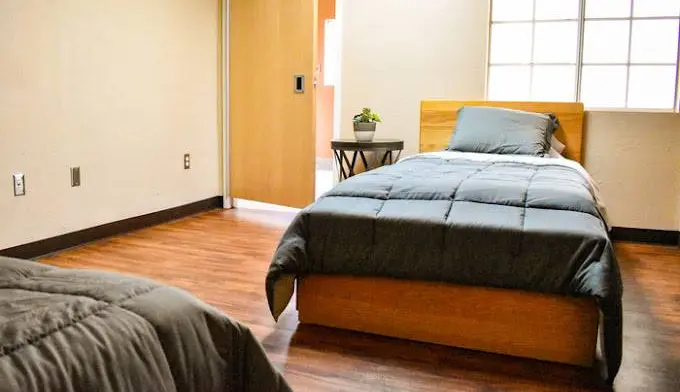
| ||
Phoenix, Arizona | Valle del Sol is a community health center in Phoenix, Arizona. They actually have several locations, but this one is their West Phoenix location. At this health center they have some medical care services, but they also have outpatient counseling for anything you may need including substance abuse treatment. At this treatment center you’ll have | Treatments Programs Payment Options | Dr Carolyn has been such a pleasure to work with. Only doctor that has listened to me and my needs and has been empathetic to my problems. Her assistant is also amazing and great. The whole staff is so pleasant with me i never feel overwhelmed there and I tend to feel that way at doctors..
Charmz Fileto
1 month ago
Muy complacida con los servicios proveído por parte de Valle de Sol, Carolyne Munge y su equipo muy profesionales, realmente me impresionó que inmediatamente me ofrecieron covid, streptococcus, and flu test, uno de mis hijos estuvo enfermo y acudio a su Dr primario y ni siquiera le ofrecieron esos test con seguro médico. Muchas gracias por realmente interesarse por la salud de sus pacientes.
Eva Hernández
2 months ago
Great Dr Carolyn munge was very helpful and answered all my questions.
arnulfo quinones
3 months ago
| 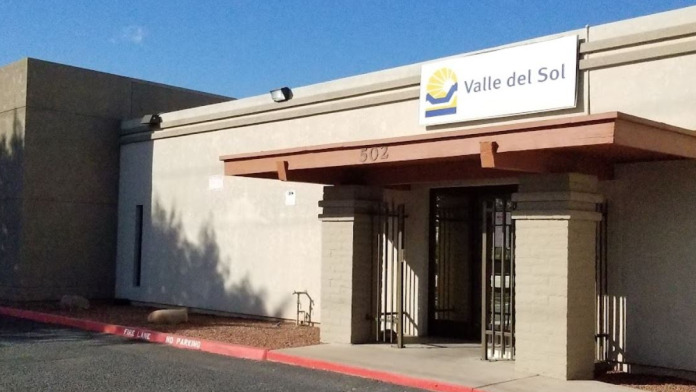
3 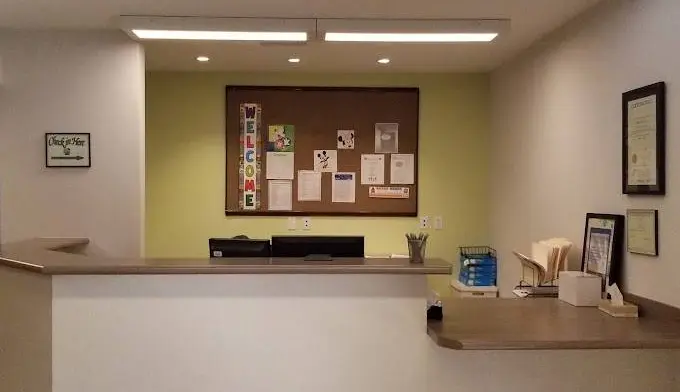
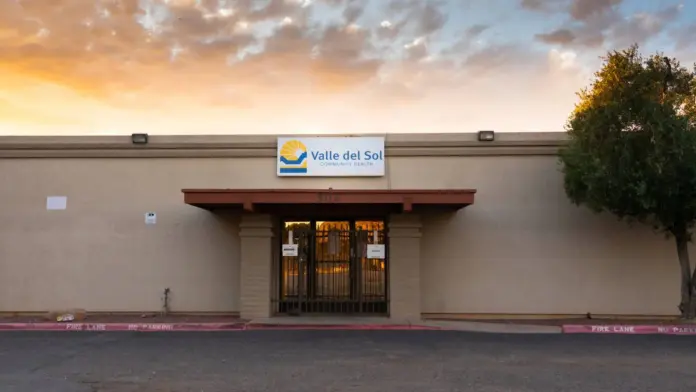
| |
Tempe, Arizona | BHG Tempe Treatment Center, located in Tempe, Arizona is a private alcohol and drug rehab that offers treatment for a variety of substance abuse addictions including alcoholism, co-occurring mental health disorders, and opiate addiction. They offer supervised medical treatment to safely manage withdrawal symptoms during detoxification, residential | Treatments Programs Payment Options | Nothing but good things to say this place has helped me a lot
Summer Ramsey
2 months ago
Great Clinic with great staff!! Donna is my counselor and she’s the best!!! Everyone is friendly and I like how Melissa has really turned this place around with finally a great staff of people who love their jobs but more importantly genuinely care about their patients!! Unlike other clinics I been to never have I had so many people at one place know who u are and accept who u may once been before but who u are today by not making the same mistakes so many of us did in the past!!! Being treated fairly and when u may need someone to talk to from Lisa up front who’s always got that smile to make any ones day or the gals dispensing the medication to remind u to bring ur box on days they might be closed or Dr Tracy to see how the medication is working and. Lisa to remind everyone it’s almost 11 sometimes so u need to come earlier or in time which she is definitely the enforcer of the bunch but that is what makes this place unique and why they know every single persons name and more cause they care and u don’t find that in clinics anymore!!! Cause everywhere else they there to collect a paycheck, HERE THEY TRYING TO SAVE LIVES AND LIVES THEY SAVE EVERYDAY INCLUDING MINE, CAUSE DONNA IS THE MOTHER OF THE BUNCH TOO AND DEFINITELY I LOOK TOWARDS HER AS A MOTHERLY FUGURE TOO ME!!!💯💯💯💯❤️🩹❤️🩹❤️🩹❤️🩹❤️🩹
Joey Diaz
2 months ago
This is a awesome Methadone clinic i have been going here for over 8 years now one of the best clinics i have ever been to and i have been to multiple clinics across the United States and this clinic is the best i have been to hands down not even a competition the staff is absolutely the best hear you will be treated with the most respect ever at this clinic if you have a chance to go to this clinic you must go thru saved my life when i first started going here i was living in a bush and homeless they helped me and never once judged me not once also if you can't afford the cash pay and you have no insurance they will put you on a grant and the federal government will pay your bill at there clinic you must go it will save your life !!!
Shadoe R Hoover
1 year ago
| 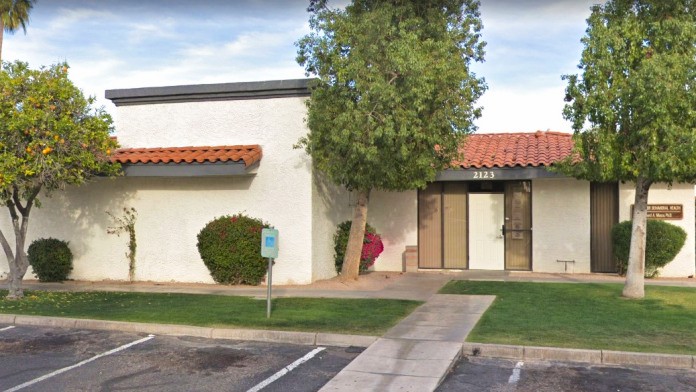
| |
Mesa, Arizona | Banner Children’s at Desert is a pediatric healthcare center in Mesa, Arizona. They have many different specialties and departments here, but one of them is their behavioral health unit. In this department, they help with drug and alcohol addiction along with other behavioral health and mental health issues. Banner Children’s at Desert (pr | Treatments Payment Options | We love Banner we went in today for my daughters first MRI recently diagnosed with epilepsy and has gone through some testing which had previously caused anxiousness. The staff here is amazing! From today’s visits from the nurse who was with other staff who were students and there were many people in the room. They all were so pleasant including the anesthesiologist and made my daughter feel so very safe leaving me to get her MRI done under sedation with the nursing staff. From waking up from anesthesia to educating me on what to look for at home. I was so pleased. She sees the neurology team there too and they’ve been so wonderful as well.
Sarah
5 days ago
My experience has been noneshort of amazing came in with badly abscess teeth stress for a long time how to get them removed well Dr. Kirchhoffden and his staff have been absolutely amazing amazing fourth teeth removed a major abscess drained still lots of pain expected one day clear of surgery but this hospital and staff simply amazing and low and behold ends up im across the nurses desk from my aunt Rena and cousin joe and nice surprise
Frank Powers
1 week ago
Unfortunately I've have been here more than once. They've been amazing to us both times.
John Cao
1 month ago
| 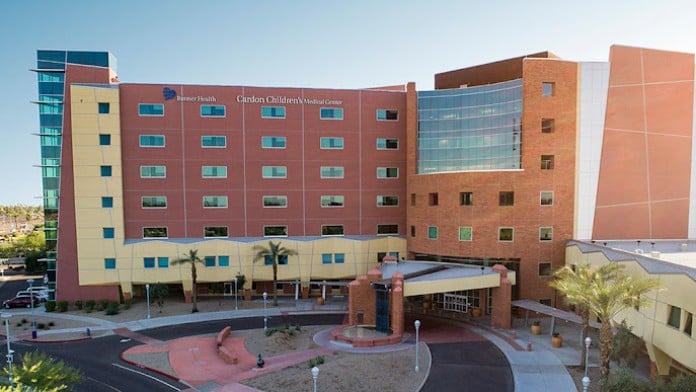
4 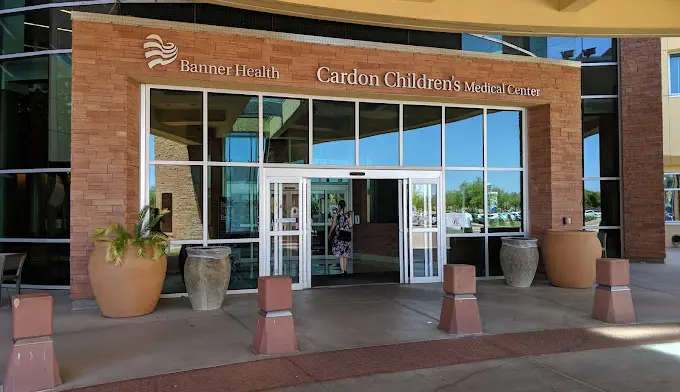
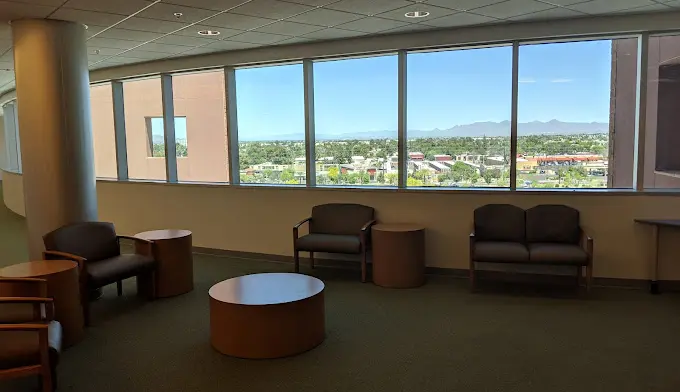
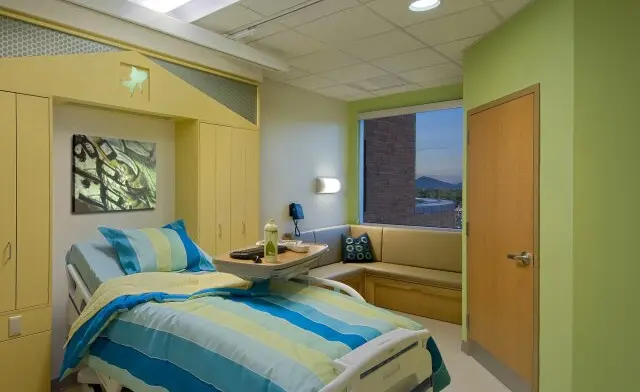
| |
Gilbert, Arizona | Step Two Recovery Center is a drug and alcohol rehab in Gilbert, Arizona. They provide residential addiction treatment for teens aged 13 through 17. Step Two provides a safe and nurturing environment while residents experience intensive substance abuse treatment. Programming consists of group therapy five days per week, individual counseling, and p | Treatments Payment Options | Renaissance Recovery is one of those places that that you will never forget. To call it special, or helpful would be the understatement of the decade. The director of RCC is named Steve, but it really should be Life Saver. I do not say this lightly. Not only did Steve help save my actual life, but my family life as well. I have heard countless testimonies of him doing so for hundreds if not thousands of others. Steve is one of those guys that is absurdly passionate and loves what he does. He also treats you with the utmost respect and is brutally honest. As a matter of fact, the entire staff at RCC handles themselves in this manner. At RCC I was able to not only work on myself, but I was able to work towards finding the root cause of my issues and dealing with them head on. I would HIGHLY recommend RCC to anyone that is struggling and needs help. If you are willing to put in the work, RCC is the best place around.
H R
2 weeks ago
For substance abuse and trauma recovery. This place is amazing! Lindsay is analysis fantastic. She is incredible at what she does (trauma therapist) and has a heart of gold!
Sheba kelly
3 weeks ago
Renaissance and their Steph have changed and saved my life- something I could never repay. The heart and care involved here is unmatched, and I’m so grateful and thankful for being led to Renaissance. I felt loved by the group as well as the staff, and now connected to recovery going on 8 years. Thank you Renaissance!!! Love you all ❤️
Stephanie Thompson
3 weeks ago
| ||
Tempe, Arizona | Banner Academy is a nationally accredited private school with a long history of providing education to children on the autism spectrum as well as those with emotional and learning disabilities. Banner Academy is located in Tempe, Arizona. Banner Health is dedicated to making health care easier by strengthening their patient care. Banner Health is | Treatments Payment Options | It is impossible to put into words how strongly my family and I feel about the faculty and staff at Banner Academy. They have helped my adolescent son to manage his OCD and spectrum-related behavioral disorders, and they have done so with skill, compassion, and a patient grace that somehow all seem inexhaustible.
If you have a child with autism, ADHD, or a related behavioral issue, I encourage you to visit with Judy, Diana, Theresa, and the rest of the fine people at Banner Academy. I am confident that they will make a profoundly positive difference in your child's life.
Mark West
6 months ago
Banner Academy and it’s amazing teachers have been a godsend for our son and our family. After struggling for years in the public school system, we finally found Banner Academy. They actually know how to deal with my son instead of just sending him home multiple times a week. My son has autism and is high functioning but he does also have some behavioral issues. I was feeling hopeless before finding Banner Academy but now I know there is a safe place for my son to grow and learn. There is nothing better than that!
Amy Desmond
6 months ago
This school has done a great job with Aidan and helping his progression academically. The staff really cares for him as an individual and helping him achieve his goals.
JAMES GUIFFRE
1 year ago
| 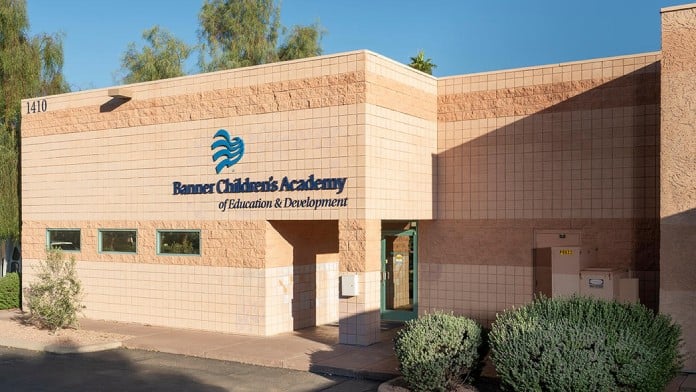
| |
Living Longer RecoveryAd This is an ad and Living Longer Recovery is a paid advertiser. Paid advertisers may be listed first in search results. This ad may contain content provided by the advertiser. Rehab.com does not verify ad content or any reviews that are displayed. Learn More Desert Hot Springs, California | Living Longer Recovery, located in Desert Hot Springs, California is a private alcohol and drug rehab that offers treatment for a variety of substance abuse addictions including alcoholism and opiate addiction. They offer supervised medical treatment to safely manage withdrawal symptoms during detoxification, residential care providing long term su | Treatments | View Website (866) 892-8592 | Living Longer Recovery has no reviews yet. Leave a review.
| 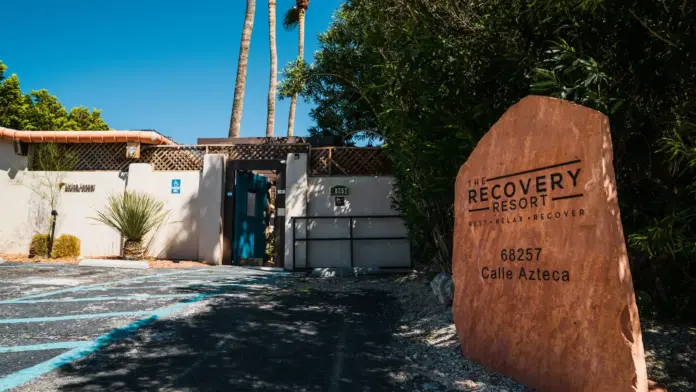
10 10 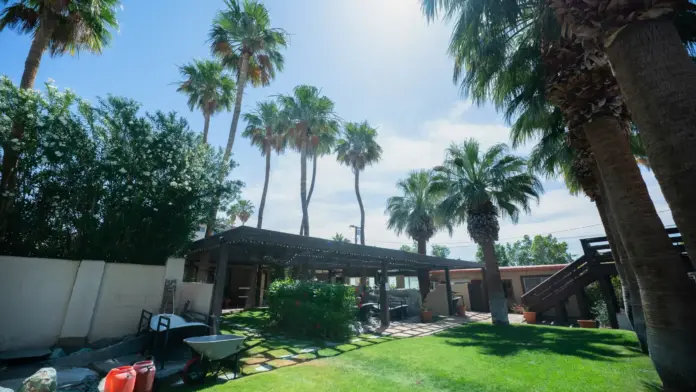
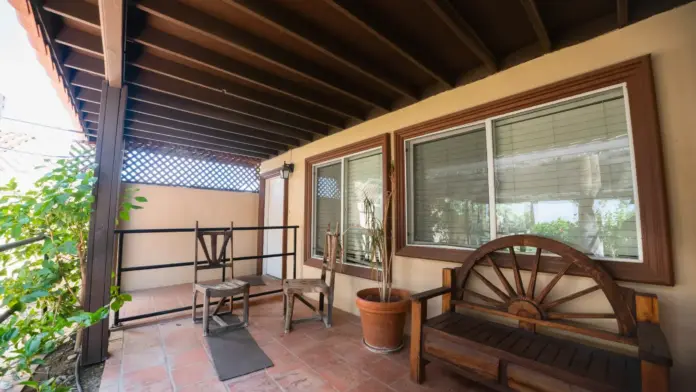
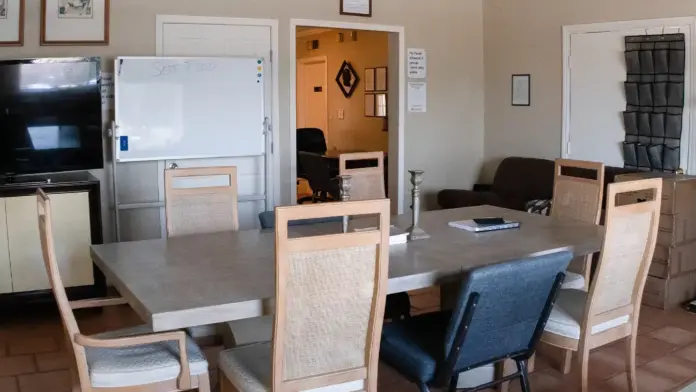
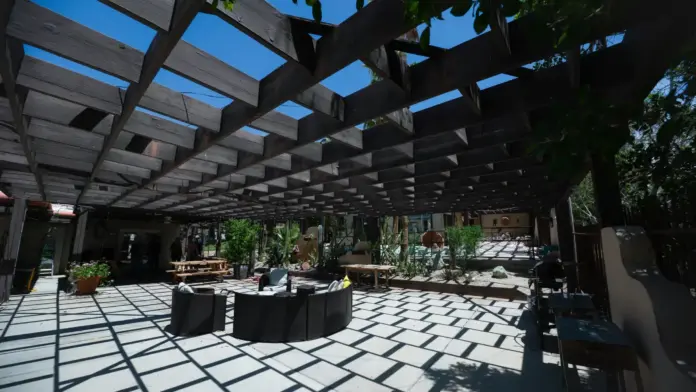
|
Queen Creek, Arizona | Horizon Health and Wellness, in Queen Creek, Arizona, provides comprehensive mental and behavioral health care for youth and adults. Dedicated services are available for children, adolescents, young adults, seniors, justice-involved persons, and persons with co-occurring addiction and mental illness. They offer crisis intervention, medication-assis | Treatments Programs Payment Options | They respect my days of my open appointments, they are nice.
Carol D.Reis
1 month ago
I want to share that my husband has been struggling with alcohol and came to see Sophia, he still has struggles but she has gone above and beyond to be there every way that she can. Her supervisor even stopped to help, I am extremely impressed by how attentive and compassionate they have been. Thank you again for being amazing and caring when you don’t have to.
Tasha Mcmanus
3 months ago
I use primary care and mental health here. My case worker was amazing. I was scheduled right away. I have Sabrina, Thomas and Barry and they have listened to all my concerns and have addressed them! I had cvs issues and they called and took care of it same day!!!! I missed an appointment sick and they called to check on me asked if I needed anything!!!!!! I’m definitely gonna keep coming here!!! Front desk is very kind as well! I believe it’s Alex that takes the blood pressure and takes you to room, she makes me feel like were family hahaha great person!!!! Thank you all for such great care and listening and addressing health issues that no other place would listen too!!!!
Erin Bell
2 years ago
| 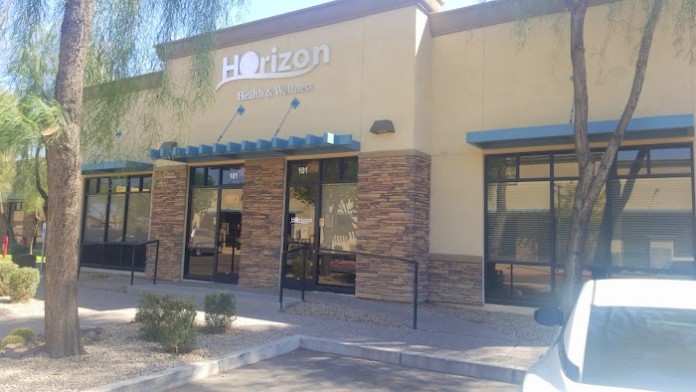
2 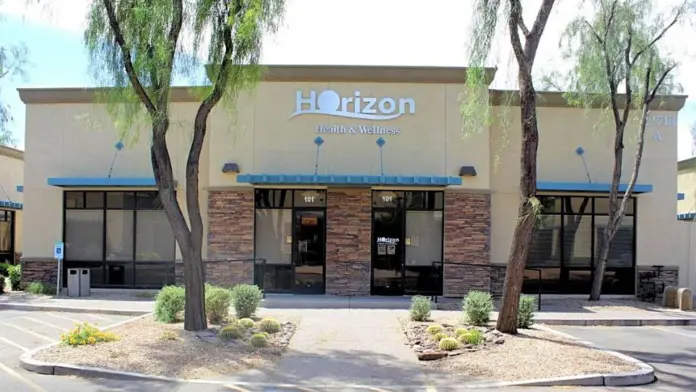
| |
Phoenix, Arizona | Phoenix VA Health Care System - Carl T Hayden VAMC offers mental health and behavioral health care services to Veterans and active military personnel in the Phoenix, Arizona area. This location provides dual diagnosis treatment; however, if addiction is the primary diagnosis, clients may need to seek treatment at an alcohol or drug rehab center. St | Treatments Programs Payment Options | Shout out to everyone at in-patient radiology. I had a procedure today and the staff was awesome 💯. They were professional, friendly and highly trained. I give them an A+++
Bernice Campbell
5 days ago
I’ve only had good experiences at the Main hospital. I guess I have been lucky; I‘ve had excellent care. It's like civilian medical systems; there is good and bad. Most issues I have had have been with administration.
Bill Benedict
1 week ago
Would love to get any dental work done yet keep getting my appointments cancelled. July 11th, and now today August 5th. Thanks for not serving those who serve.
Edited Review: The people are amazing, it's the lack of help and defunding of the VA that makes for bad service. Our politicians funnel money out of these services and into other avenues that don't benefit us Veterans at all.
Charles Siler
2 weeks ago
| 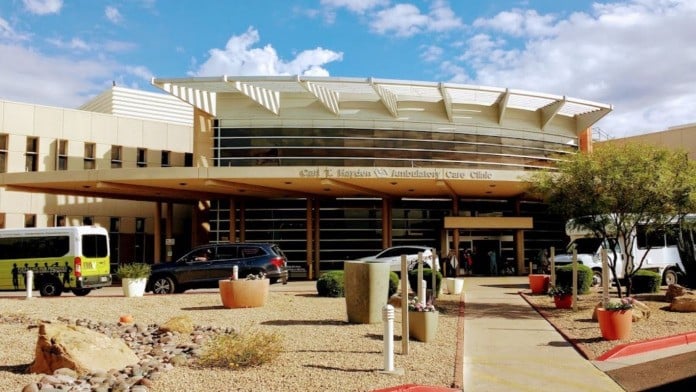
| |
Phoenix, Arizona | Zenith Behavioral Health, known as Montare Behavioral Health of Phoenix, offers comprehensive treatment programs for adults with substance use and co-occurring mental health disorders. The facility in Phoenix, Arizona, is a residential treatment center specializing in dual diagnosis care. The program serves adolescents 13-17 and young adults 18-23. | Treatments Payment Options | Zenith changed my life and my son's life for the better. The people that work there are absolutely the best. The care and compassion they showed our family was exactly what we needed. I highly recommend this place if you have a child who is suffering from a mental health diagnosis.
Daniel Hernandez
2 years ago
My son spent a few weeks at Zenith Behavioral Health in Phoenix, AZ and to say the experience changed his life would be an understatement. It did so much more than change his life; it granted him a new life. He didn't go there for food, although he said it was delicious. He didn't go there for a place to stay, although it was lovely and comfortable. He didn't go there for any other reason than to heal and find help for his mental health challenges. The lessons he learned and the living examples shown by the staff absolutely changed his way of thinking for the better.
Benjamin Martinez
2 years ago
Sending my son to the mental health inpatient program at Zenith Behavioral Health is the best thing I have ever done for him (and myself). I shudder to think where we would be without this place.
Sofia Perez
2 years ago
| 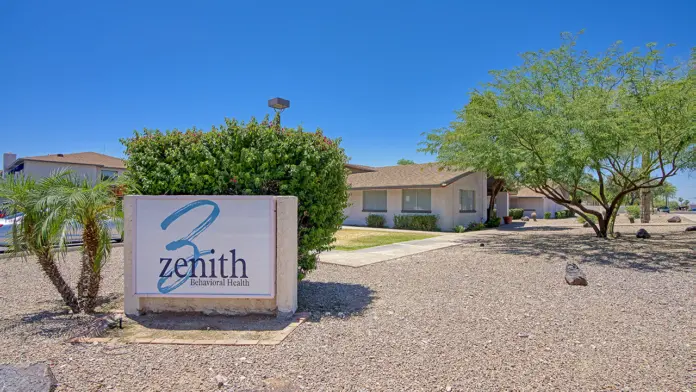
| |
Phoenix, Arizona | Ebony House has been providing behavioral health, HIV/AIDS services, and family services for over 50 years. Located in Phoenix, Arizona, they offer residential treatment for men and women. The men’s residential program has 14-beds and provides 24/7 supervision. To be eligible, you must be stable on medication if you have a co-occurring disorder. | Treatments Programs Payment Options | When it's all said and done, getting through the pain of years fooling oneself, lying to self and everyone else... giving all my money to the dope man and looking stupid when I was hungry. I went to the Ebony House to get free from dope, along the way I was taught how to be in touch with my true self...The true self will not do anything to harm it self...If you want to get high, that's your business. If you want to get clean that's the Ebony House business. I celebrated a year March 14th, 2019. Update... I'm still standing as of today, Sunday October 26,2025. I often reflect on this... Mr. Freeman banging on the wall, focused on a poster that read: Do what's Right, Appropriate, and Necessary for you! And him saying the answer is right here.
Leon Patton
1 month ago
This places helped save my life. Literally…..
Jason Rogers
1 year ago
Ebony Hussey was a great agebt for my wife and I to find our first home! She took the time to listen and truly figure out our needs. The help that she gave us from the beginning to end, made our house buying experience with her extremely exceptional. Communication from the beginning to end, we knew everything happening from step-by-step. If you’re looking to buy used or a new home look no further for your real estate agent
Donald Hudec
1 year ago
|

Chandler is the 109th most expensive city nationwide for addiction treatment affordability, with an average cost of addiction treatment of $58176. This is comparable to the average cost of $56789 for addiction treatment in Arizona and comparable to the national average cost for drug rehab of $57,193.
The costs of drug and alcohol rehab in Chandler vary widely and depend on several factors, including:
The costs of addiction treatment listed for cities and states are averages based on the cost of medical detox, inpatient rehab, outpatient rehab, and medication assisted treatment. These averages are high due to the cost of medical detoxification and residential inpatient rehab programs.
These numbers also reflect the raw cost of drug rehab, before any insurance coverage. The typical individual seeking addiction treatment can expect to pay much less for outpatient or intensive outpatient services than the averages listed below.There are many ways to pay for drug rehab in Chandler. Most rehab treatment centers accept cash or self-payment, as well as private health insurance. However, there are many treatment centers in Chandler that accept Medicaid and Medicare, or offer sliding scale payments or other low-cost payment options. Here's the complete breakdown of how to pay for addiction treatment near Chandler.
Blue Cross Blue Shield is the most widely-accepted insurance for drug rehabs in Chandler, with 6 treatment centers in the city accepting their insurance. UnitedHealth Group is the 2nd most popular with 5 treatment centers accepting it followed by Aetna in 3rd accepted by 4 drug rehabs.
Chandler has the 108th highest rate of drug use nationwide among nearly 400 cities surveyed. This number reflects the combined use of cocaine, heroin, meth, and marijuana, displayed individually below. The percent shown for each drug represents the number of residents in Maricopa county that have reported ever using the following drugs, so these numbers should not be interpreted as direct evidence of current drug use in Chandler or Maricopa county as a whole.
In 2023, Chandler had the 207th highest number narcotics violations out of 330 cities nationwide, with a total of 286 reported drug-related incidents that year. This includes cases of public intoxication, drug arrests, narcotics found during house calls and traffic stops, and any other drug-related crime.
Keep in mind these numbers are dependent on accurate record keeping and reporting laws by local police and sheriffs, and may not fully reflect all drug related crime in Chandler.All values are per 100,000 population.
Source: https://cde.ucr.cjis.gov/LATEST/webapp/#/pages/explorer/crime/crime-trend